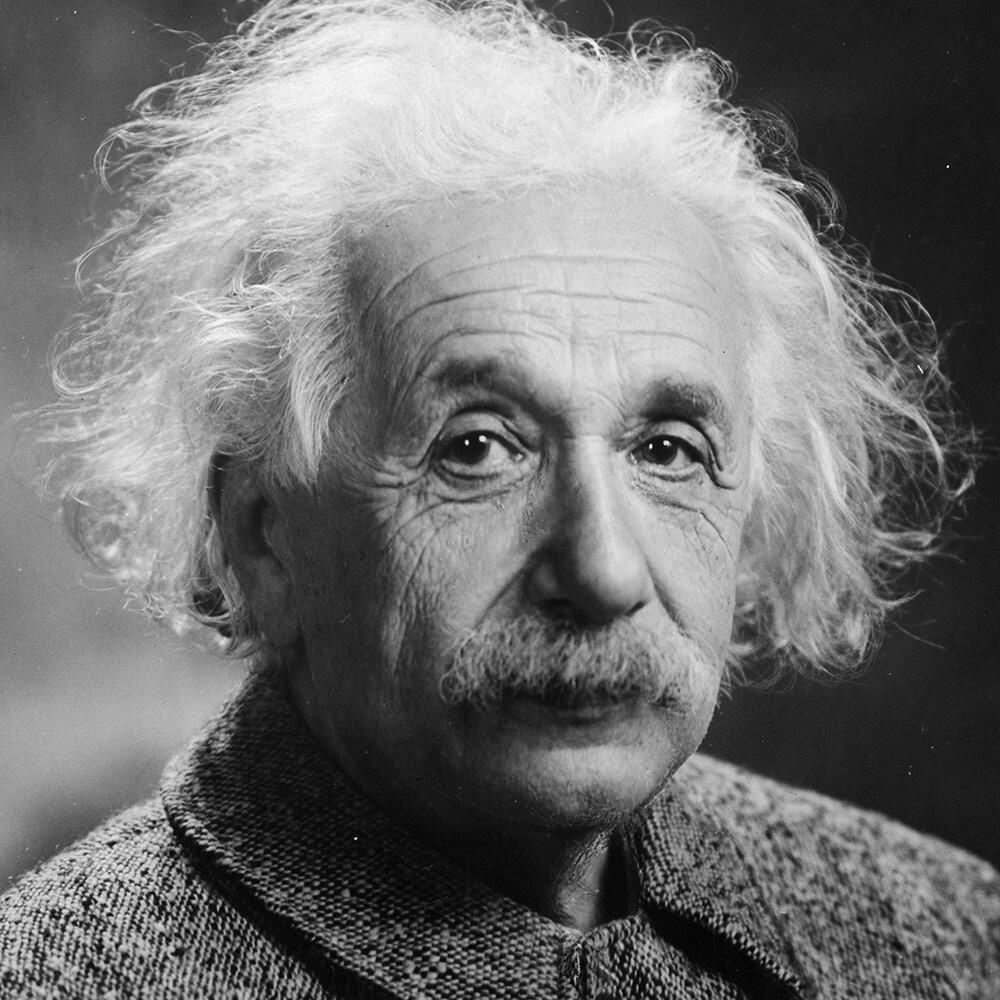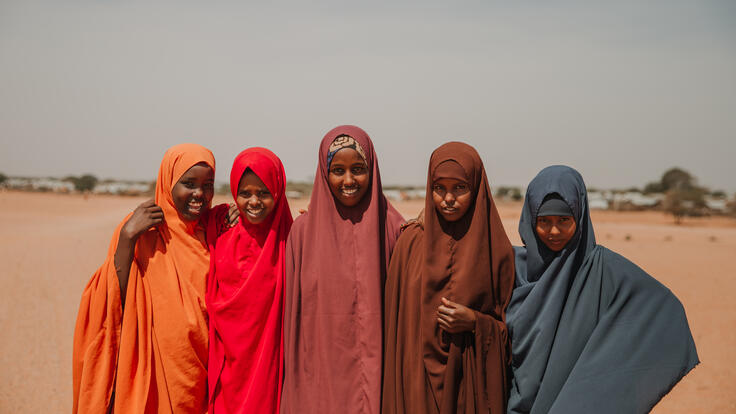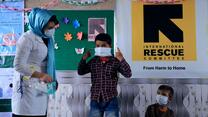More than 80 years after Albert Einstein helped create the IRC, the number and intensity of humanitarian crises across the globe warrant a dose of Einstein-inspired innovation. Our strategic plan — IRC 2020 — answers that call.
The beneficiaries of our programmes deserve evidence-based interventions that bring real change to their lives. That is what we are determined to deliver.
The IRC has grown because our teams have gone to the toughest places, done cutting-edge research, developed in-depth knowledge, and forged vital relationships with local governments. Today our 191 field offices in over 30 crisis-torn countries are helping communities to survive conflict and rebuild and recover from war and natural disaster. From health care to education to protection for women and girls, the IRC is there.
The IRC also works in more than 20 cities in the United States, helping newly arrived refugees adjust to life in America and make a contribution to their new country.
To meet the needs and aspirations of those we serve, we will lead the reform of the humanitarian aid sector by:
- reaching more people more quickly to match the scale and urgency of today’s crises
- setting new standards for quality and effectiveness through evidence and innovation
- building tools and systems that enable our staff to focus on high-impact programmes
IRC 2020 is:
Building programmes that rebuild lives
The foundation of all successful, high impact programmes is a body of evidence detailing how we change lives. That is why the IRC has pledged to be the first NGO to ensure that every programme is either based on world-class appropriate evidence, or is contributing to the creation of that evidence-base.
More and faster rescue and relief
The impact of our programmes depends on speed as well as quality of delivery. Within 72 hours of a disaster, we are pledged to organise health care, distribute cash, and deliver clean water. That means new ways of working, new preparations in advance of a disaster striking, and new partnerships with the private sector. And we are expanding our emergency teams in order to react to as many as four concurrent emergencies.
Big steps forward
IRC staff work every day to build better programmes. But we also know that some of the major changes in the lives of our beneficiaries will come from big leaps, not just small steps, forward. That means creating the capacity for systematic research. Our commitment to research is pioneering changes in products and processes that, in turn, are changing lives.
By borrowing from other sectors, and developing our own innovative approaches to crisis situations, we will address the questions that stifled humanitarian responses for many decades: how to deliver vaccinations in war zones, how to tackle the upsurge in domestic and sexual violence that accompanies war, how to deliver cash into emergency settings quickly and cheaply.
Read about research and development at the IRC's Airbel Impact Lab.
Collective outcomes: A commitment by the international community to focus our impact by making measurable improvements in health, economic wellbeing, safety, education and power for the people we serve.
Cost efficiency, effectiveness and results: We need effective design, delivery and evaluation of humanitarian assistance to not only develop and apply tools and processes that are based on or generate evidence, but also track how much it costs to deliver outcomes and inform future responses.
Cash: Overwhelming evidence shows that cash transfers can efficiently reach people in need faster and at a lower cost. The humanitarian community should commit to cash by rapidly scaling up the use and quality of cash transfer programmes across the humanitarian system.
Evidence: The evidence base for interventions in crisis-affected contexts is extremely thin, but evidence generation is essential for strengthening our understanding of what works and what doesn’t. Evidence-based solutions are a major opportunity to make a greater impact with limited resources.
Protracted displacement: Solutions and interventions for protracted displacement must be integrated effectively in local and national systems, emphasising the important role governments play.
The International Rescue Committee was founded in 1933 at the request of Albert Einstein to help refugees from Germany and across Europe escape conflict and persecution. Our offices across Europe, including in Greece, the Balkans, the UK, Germany, Sweden, Belgium and Switzerland continue to strive to assist those affected by today’s worst crises.
IRC UK is our hub in Europe with a mission to use our innovative, evidence-based knowledge of how people are affected by conflict and natural disaster, in order to amplify the voices of the world’s displaced. In Europe, the IRC uses our insights from crises around the world to deliver research based, transformational change.
In Europe, our priority areas are Women's Protection and Empowerment, Education in Emergencies and Cash and Urban refugees. In addition, we are the only international organisation working across the arc of the refugee crisis, from assisting displaced people in Syria and neighbouring countries, to supporting refugee resettlement in Europe and the U.S.. The IRC applies pressure to European leaders to develop a sustainable, sensible and above all humanitarian response to the refugee crisis. Based on our expertise in refugee resettlement in the U.S., we work with governments, civil society actors and officials across our European network to provide technical assistance.
If you care about the plight of millions of fellow human beings and want to do something about it, we hope you will join us — as a supporter, a partner or a donor. We are determined to work in an open way that builds collaboration with the public, private and nonprofit sectors — in short, with all those ready to meet the daunting challenges we face.
The ultimate beneficiaries of IRC 2020 will be the most vulnerable among us — those left behind in a world of flux. Our strategy aims to honour their courage and resilience by expanding our impact and reach, ultimately enabling tens of millions of men, women and children to reclaim control of their lives.

The important thing is to not stop questioning.Albert EinsteinNobel Prize-winning physicist and humanitarian at whose call the International Rescue Committee was founded in 1933



